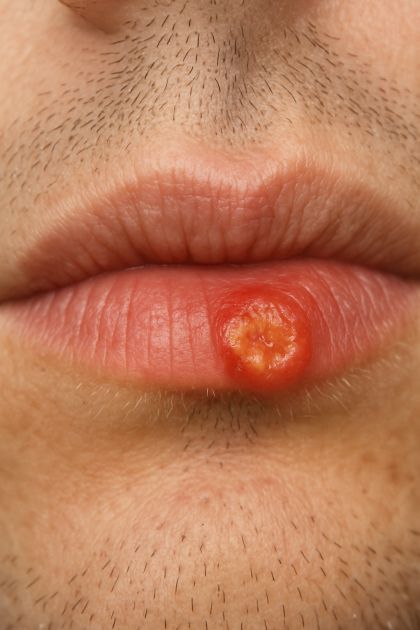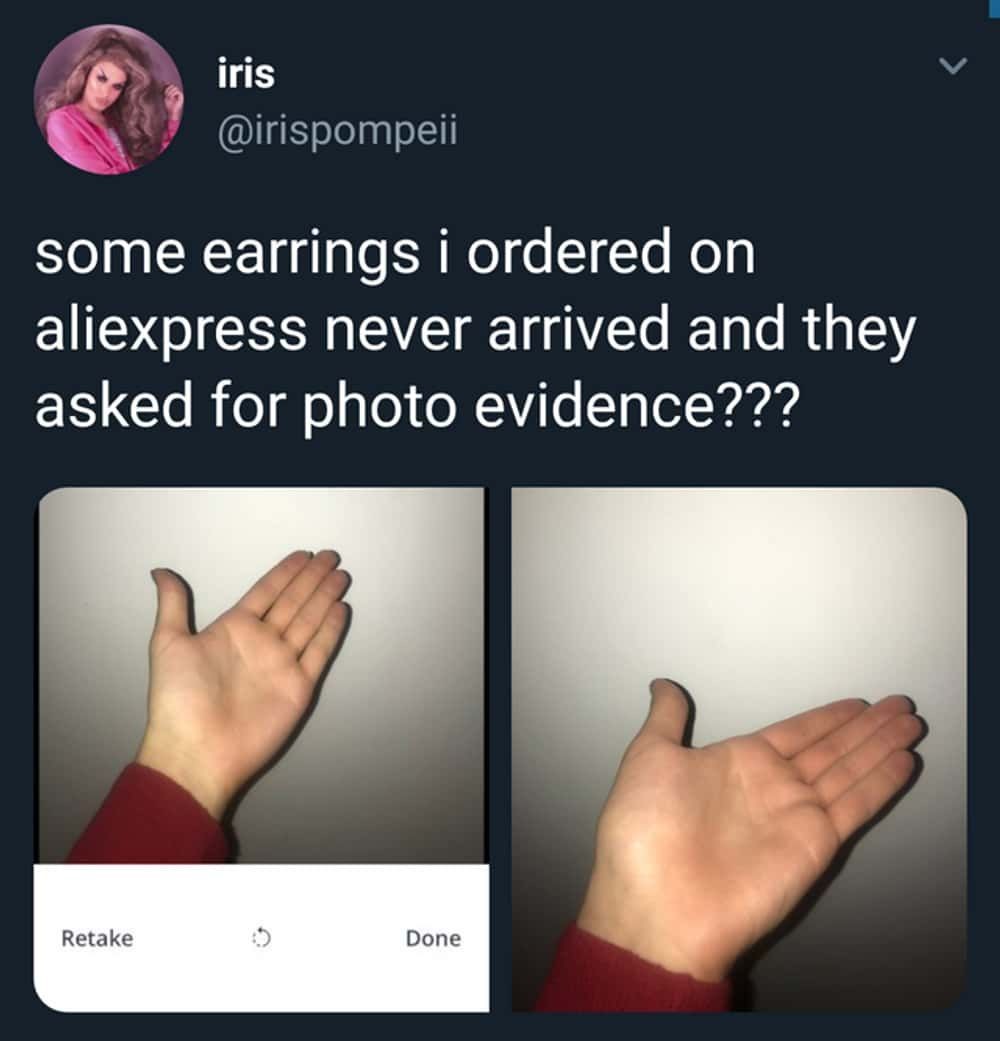The Persistent Lip Sore: Understanding and Addressing the Problem
A persistent sore on your lip can be incredibly frustrating and worrying. Beyond the discomfort, a non-healing lesion can signal something more significant requiring medical attention. This comprehensive guide explores the potential causes, home remedies, and when professional help is crucial.
Deciphering the Mystery: Why Won’t It Heal?
The Sensitivity Factor
Our lips, with their delicate skin, are highly susceptible to damage and infection. Unlike tougher skin elsewhere on the body, lip skin is easily irritated, making it a prime location for persistent sores. A sore lasting longer than two weeks warrants further investigation, as it could indicate an underlying health issue. These sores can manifest in various ways: from small, red, and inflamed areas to larger, crusty patches. Careful observation of changes in size, color, and texture, alongside any associated pain, itching, or swelling, provides vital clues.
Uncovering the Culprits: Common Causes of Persistent Lip Sores
Several factors can contribute to stubborn lip sores. Let’s examine some of the most frequent culprits:
Viral Infections: The Case of the Cold Sore
Cold sores (fever blisters), caused by the herpes simplex virus (HSV), are a common offender. Presenting as clusters of painful blisters that often crust over, they’re highly contagious and triggered by stress, illness, or sun exposure. While typically resolving within two to four weeks, recurrent or secondarily infected cold sores can become persistent problems. Antiviral medications can help manage symptoms and reduce recurrence, but they don’t eliminate the virus.
Allergic Reactions and Irritants: Everyday Enemies
Everyday products can trigger allergic reactions or irritation leading to persistent lip sores. Cosmetics, dental products, and even certain foods are potential culprits. Contact dermatitis, characterized by redness and swelling, is a common manifestation. Identifying and eliminating the offending agent is key, along with switching to hypoallergenic alternatives.
Bacterial Infections: Impetigo and Beyond
Bacterial infections, such as impetigo, can cause sores that rupture, ooze, and develop a characteristic yellow-brown crust. This highly contagious infection requires antibiotic treatment. Maintaining impeccable hand and facial hygiene and avoiding contact with infected individuals are vital preventative measures.
A Serious Consideration: Skin Cancer
While less common, persistent lip sores can sometimes indicate squamous cell carcinoma, a type of skin cancer. This often appears as a non-healing scaly patch or lump. Sun exposure and smoking are significant risk factors. Early detection is crucial; therefore, any persistent sore that shows signs of growth should prompt immediate medical evaluation, potentially involving a biopsy.
Beyond the Common: Other Potential Causes
Autoimmune Disorders
Conditions like lupus and pemphigus vulgaris can cause persistent lip sores and oral lesions. These autoimmune diseases involve the immune system attacking healthy tissues, resulting in chronic inflammation and sores. Diagnosis typically involves blood tests, and management focuses on symptom control through medication.
Nutritional Deficiencies
Deficiencies in certain vitamins, particularly B vitamins (B2, B3, and B12), can lead to lip sores, often manifesting as angular cheilitis—painful cracks and crusting at the mouth corners. Dietary adjustments or supplementation, guided by a healthcare provider, can address this issue.
Home Remedies and Over-the-Counter Options
Many find relief from lip sores using home remedies. Aloe vera, honey, and coconut oil can soothe and moisturize, while cold compresses reduce swelling and discomfort. However, these provide temporary relief only. Persistent sores necessitate professional medical advice. Over-the-counter (OTC) treatments also offer some relief; antiviral creams (like docosanol) can shorten the duration of cold sores, while antibacterial ointments may help with minor cuts and infections. Always follow product instructions and consult a pharmacist if needed.
When to Seek Professional Medical Attention
If home remedies and OTC treatments fail to improve a lip sore, professional medical help is crucial. A doctor can conduct a thorough examination and perform tests to determine the underlying cause. While appointment access can be challenging, persistence is key. Consider utilizing telemedicine or clinics with shorter wait times to facilitate early diagnosis and treatment, preventing potential complications.
Your Next Steps
Have you already tried any home remedies or treatments? Don’t hesitate to share your experience and seek the advice of a healthcare professional for a persistent lip sore. Early intervention is vital for effective treatment and preventing potential complications.
https://finanscidayi.com/




